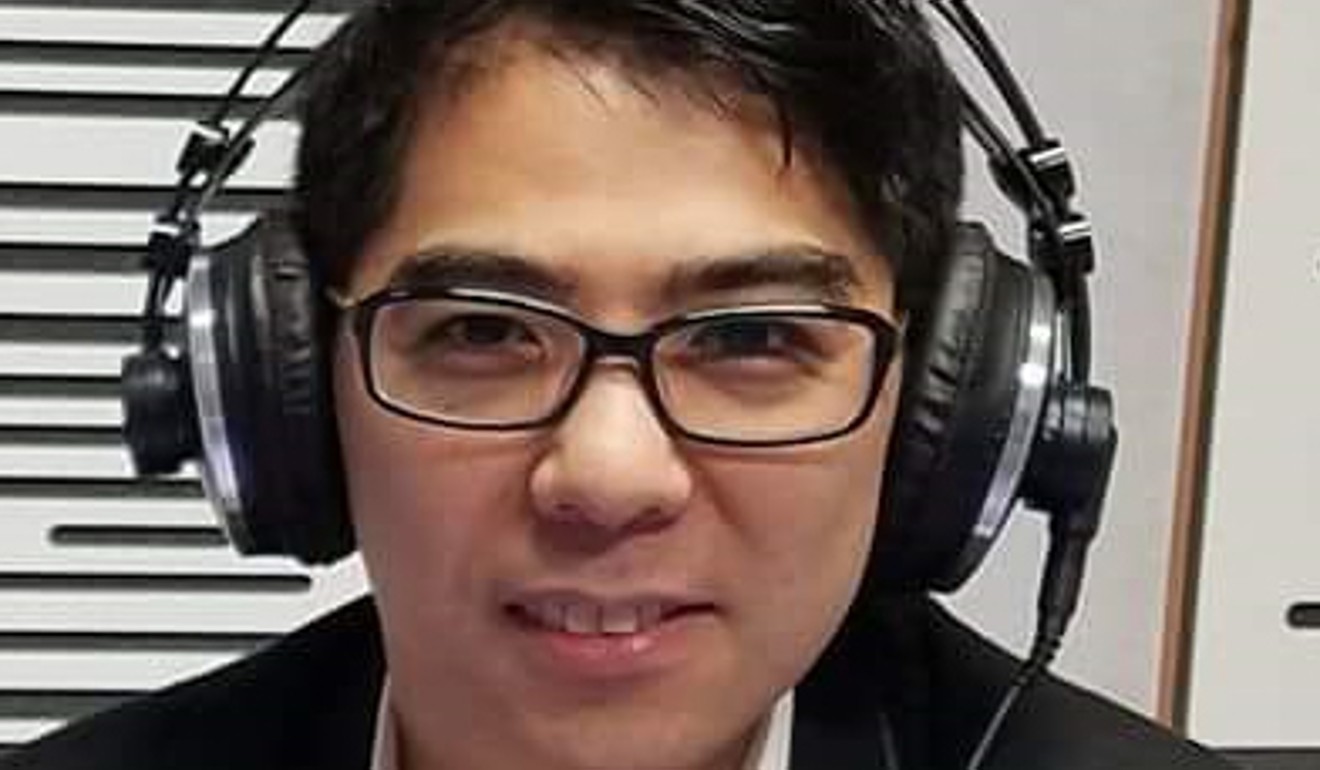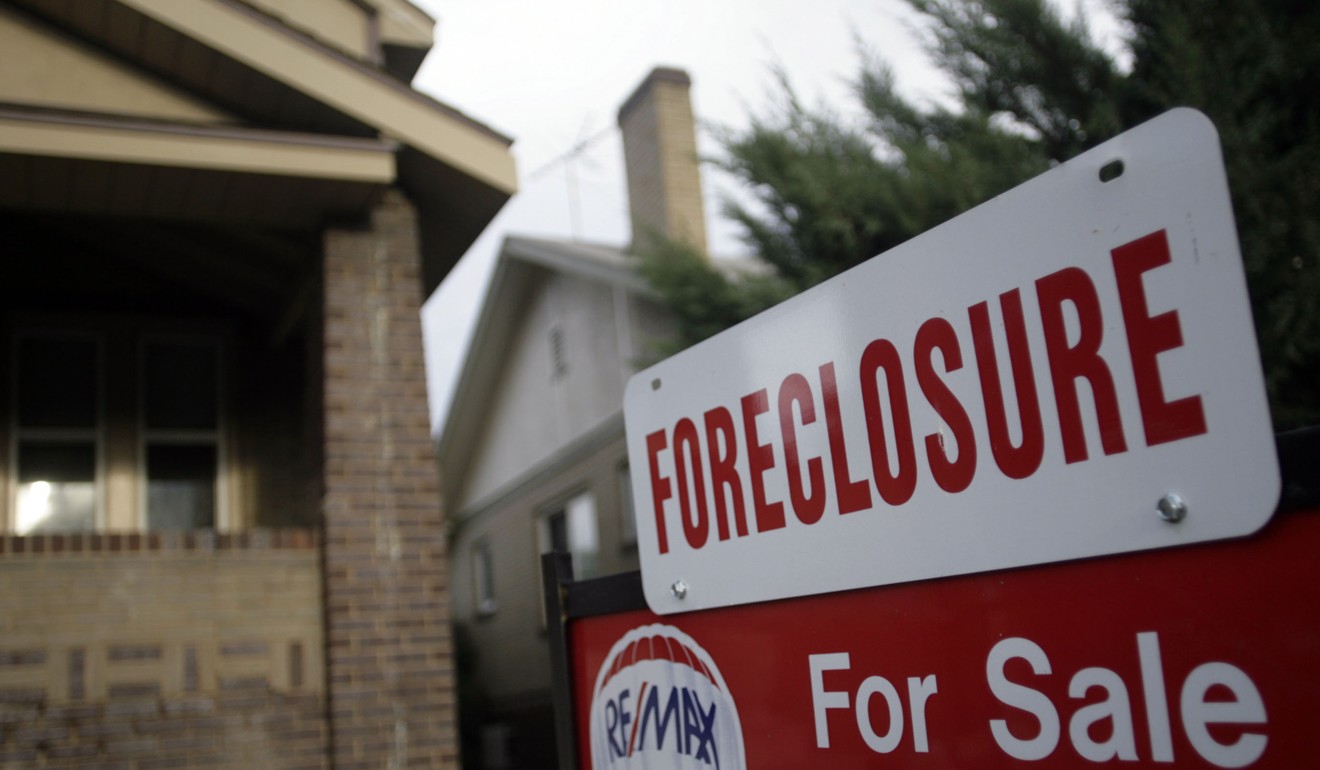
Homebuyers beware! Sweeteners offered by developers in Hong Kong can turn sour
Property developers are offering enticing mortgage deals, but buyers who take advantage of such deals may face making hefty monthly repayments after the initial honeymoon period is over
Buyers beware! Sweeteners, such as mortgage loans of up to 90 per cent of the value of new flats, may be hazardous to the long-term finances of homeowners, especially if local benchmark mortgage interest rates start to go up – as they are expected to – real estate experts warn.
They caution that such sweeteners come with high interest rates, similar to the subprime lending rates in the United States which triggered the 2008 global financial crisis. Subprime lending meant that virtually anyone could get financing for a home purchase – at a high interest rate.
Property developers have been enticing buyers by offering mortgage deals, in some cases up to 90 per cent of the value of the home, as an easy way to circumvent the Hong Kong Monetary Authority (HKMA)’s mortgage lending guidelines to banks. Some developers are also offering to pay the hefty government stamp duties.
The HKMA’s guidelines mean that, in most cases, banks can only offer up to 60 per cent of the value of the home.
Some developers are offering buyers a two-year mortgage holiday where they don’t have to repay the loan. Others are offering buyers very low interest rates for loan repayments for the first two years. Nonetheless, buyers then face having to repay the developers at a higher interest rate than mortgages offered by banks.

Citing statistics, Yip says that in 2016 a total of 814 mortgages were drawn down through developers, accounting for about 9 per cent of all new homes sold during the year. In the first four months of this year alone, that number climbed to 821 and accounted for 16 per cent of all new homes sold over the same period.
For many of these borrowers, repayment is easy for the first two years, Yip says. For a HK$10 million loan over a 30-year term, the monthly repayment during the first two years is around HK$37,720, but will leap to HK$54,600 from the third year onwards, when the borrowing rate is anchored to the prime rate, now at 5 per cent, he points out.
“What if [the] local [interest rate] goes up by 2 per cent to reach 7 per cent at that time? The actual monthly repayment will jump a whopping 75 per cent to HK$66,530 from where it was more than two years ago.”
What if [the] local [interest rate] goes up by 2 per cent to reach 7 per cent at that time?
In that scenario, the borrower has two options. The first is that he continues to make monthly repayments for the rest of the payback period at a higher interest rate; the second option, for the financially able borrower, is to remortgage the debt to another bank at a lower rate after paying the shortfall to the developer.
In the worst-case scenario, the borrower would have to surrender the property to the lender.
Hong Kong’s mortgage rates have already edged up modestly since May as a result of the HKMA’s new measures that increase banks’ lending costs.
While being effective in restricting mortgage lending by banks, Yip says the new HKMA measures cannot regulate the lending activity of developers.
“Although buyers may borrow up to 80 per cent of the value of the new home they are purchasing, [the] borrowing rate will be directly linked to the prime rate, now standing at 5 per cent. After two years of [the] ‘honeymoon’ the rate could go higher.”

As a result, the city’s major mortgage lenders, including HSBC, Bank of China Hong Kong, Hang Seng Bank, Standard Chartered and the Bank of East Asia – which, when combined, have a 76.9 per cent share of the mortgage market – have raised Hong Kong interbank offer rate (Hibor)-based rates on newly approved mortgages by 10 basis points.
The most typical deal is now quoted at Hibor plus 1.4 per cent, up from Hibor plus 1.3 per cent previously, according to mortgage brokers.
Nicholas Brooke, chairman of Professional Property Services, says he foresees Hong Kong banks raising interest rates the next time the US Federal Reserve raises interest rates.
He says for the time being there is liquidity in Hong Kong, but the time of cheap money is fast evaporating.
Ivy Wong, managing director of Centaline Mortgage Broker, says smaller lenders that have a smaller pool of deposits would eventually raise their mortgage rates. But before that, they would still be able to offer slightly lower rates compared to those of their bigger counterparts in a highly competitive mortgage market.

